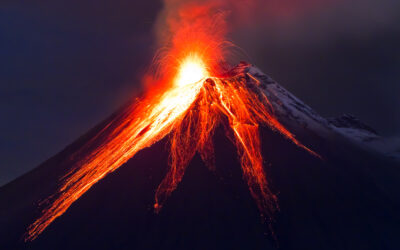
Language Facts
Welcome to our Language and Words segment, where we explore the intricate world of languages, etymology, and linguistic quirks that shape communication across cultures and centuries. Language is more than a tool for expression—it is a reflection of history, society, and human creativity. Join us as we uncover five fascinating facts that showcase the richness and diversity of languages spoken around the globe.
The Tower of Babel
The Tower of Babel, from the biblical narrative in Genesis, explains the origin of different languages. According to the story, humanity once spoke a single language until people attempted to build a tower reaching the heavens. In response, God confounded their speech, causing them to speak different languages and scatter across the earth. This mythological tale illustrates humanity’s quest for unity and the diversity of languages that emerged as a result.
Eskimo Words for Snow
Contrary to popular belief, Eskimo languages (such as Inuit and Yupik) do not have an unusually large number of words for snow. While these languages do have multiple terms to describe various types of snow and ice conditions, similar to how English has words like “sleet,” “powder,” and “slush,” the myth of numerous specific snow words in Eskimo languages has been debunked by linguists.
Pangrams
A pangram is a sentence that contains every letter of the alphabet at least once. One of the most famous pangrams is “The quick brown fox jumps over the lazy dog.” Pangrams are often used in typography and font design to showcase all letters and test readability. Different languages have their own unique pangrams, reflecting the linguistic diversity of the alphabet.
spoken languages
Lost Words
Languages evolve over time, and some words fall out of use or become obsolete. These “lost words” often reflect cultural changes or advancements in technology and social norms. For example, words related to outdated professions or obsolete technologies may disappear from everyday vocabulary, while new words emerge to describe contemporary concepts and innovations.
words invented by shakespeare
Language Isolates
Language isolates are languages that have no known relationship to any other languages. These linguistic mysteries exist in various parts of the world, such as Basque in Europe and Ainu in Japan. Studying language isolates offers insights into prehistoric migrations, cultural interactions, and the unique evolution of languages in isolation from neighboring linguistic families.
Native Russian Speakers
Related Articles
How Mosquitoes Changed History
They may seem like nothing more than annoying pests, but mosquitoes have played a powerful role in shaping the world. These tiny insects are considered the deadliest animals on Earth—not because of...
The History of Parody—Comedy That Pushes Boundaries
Parody—the art of exaggerating or imitating something for comedy—dates back to ancient Greece, where playwrights like Aristophanes poked fun at politics and myths. In the 1700s and 1800s, satirical...
The Science of Volcanoes—Earth’s Fiery Forces
Volcanoes are more than just eruptions—they are crucial to Earth’s formation! When molten rock, or magma, reaches the surface, it creates new land, forming islands like Hawaii and Iceland. The...





